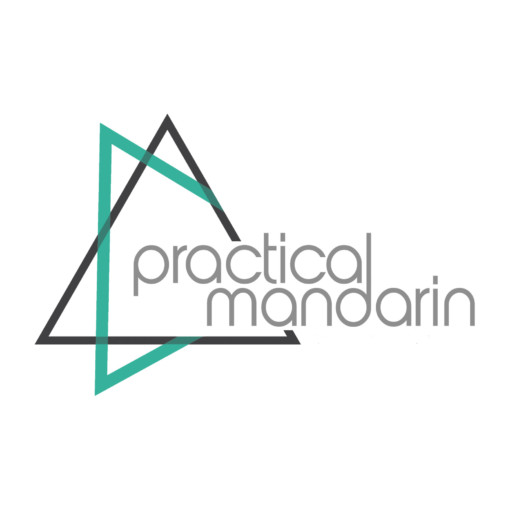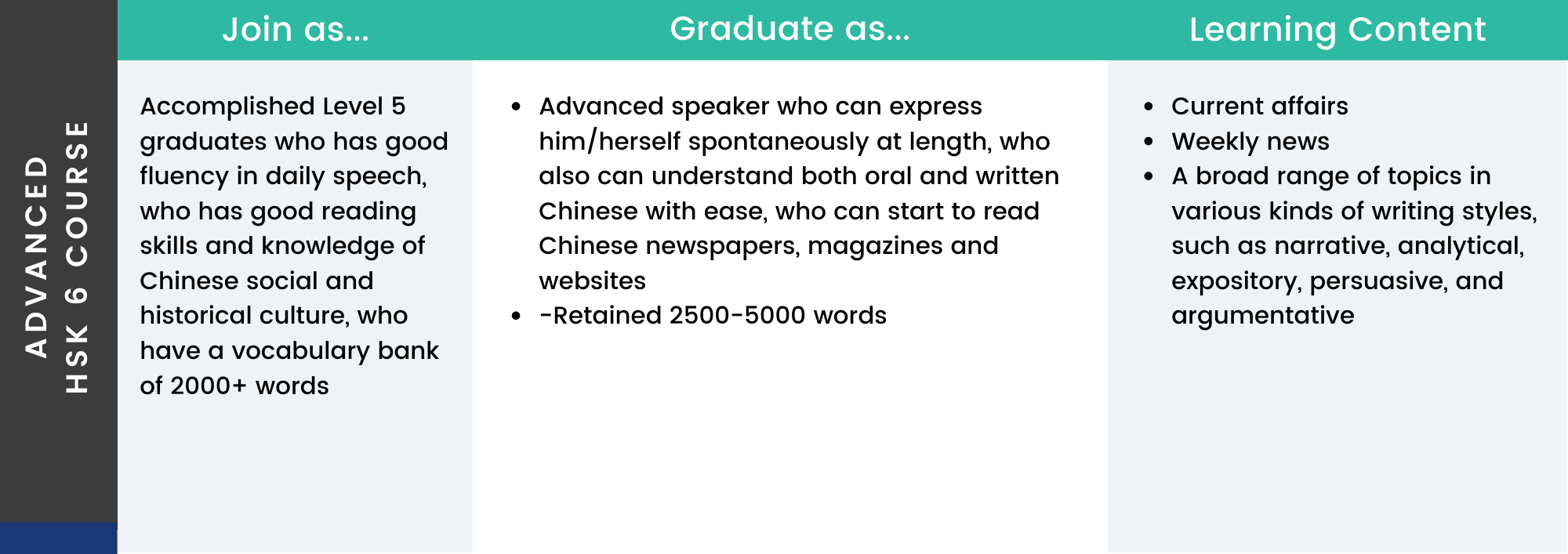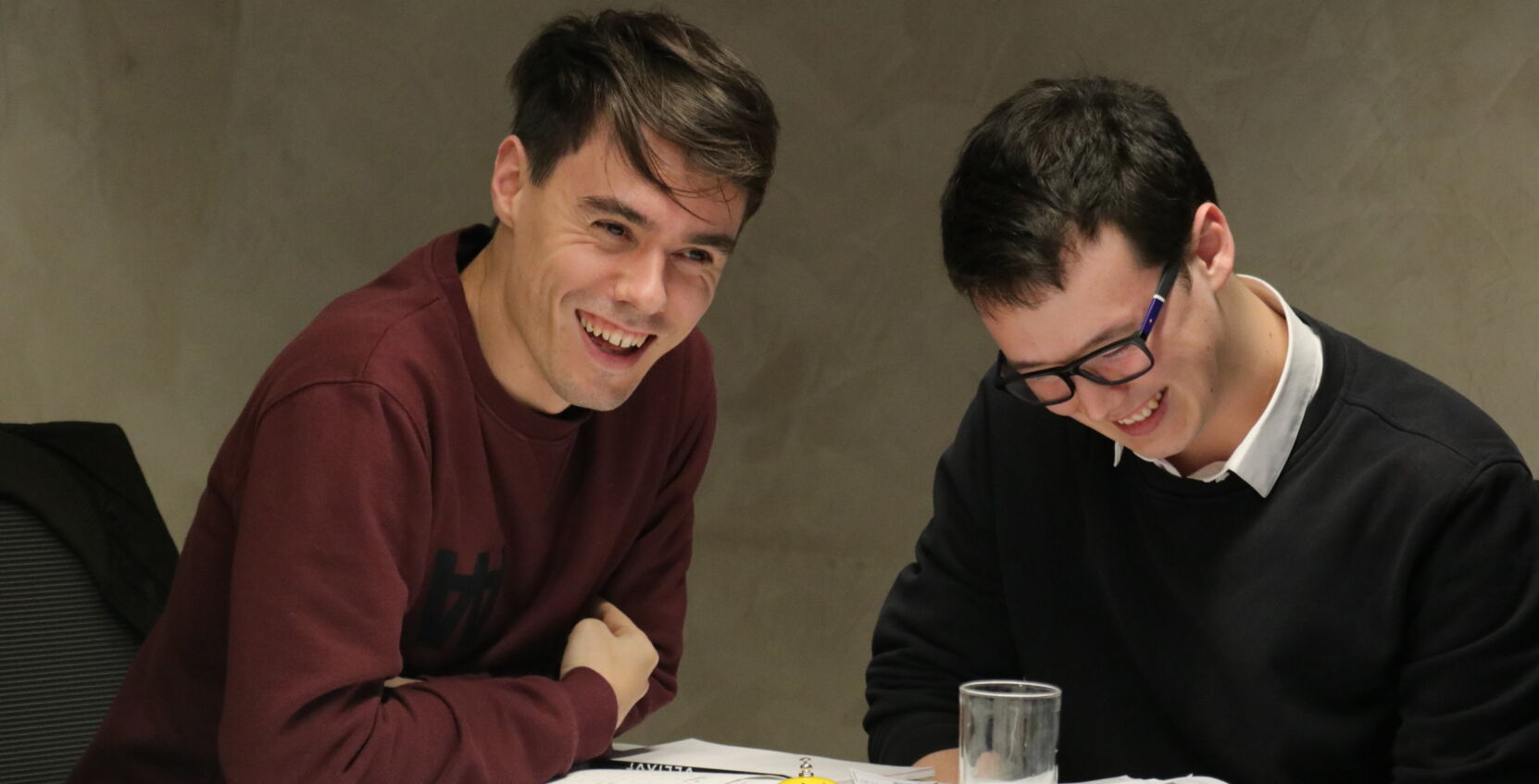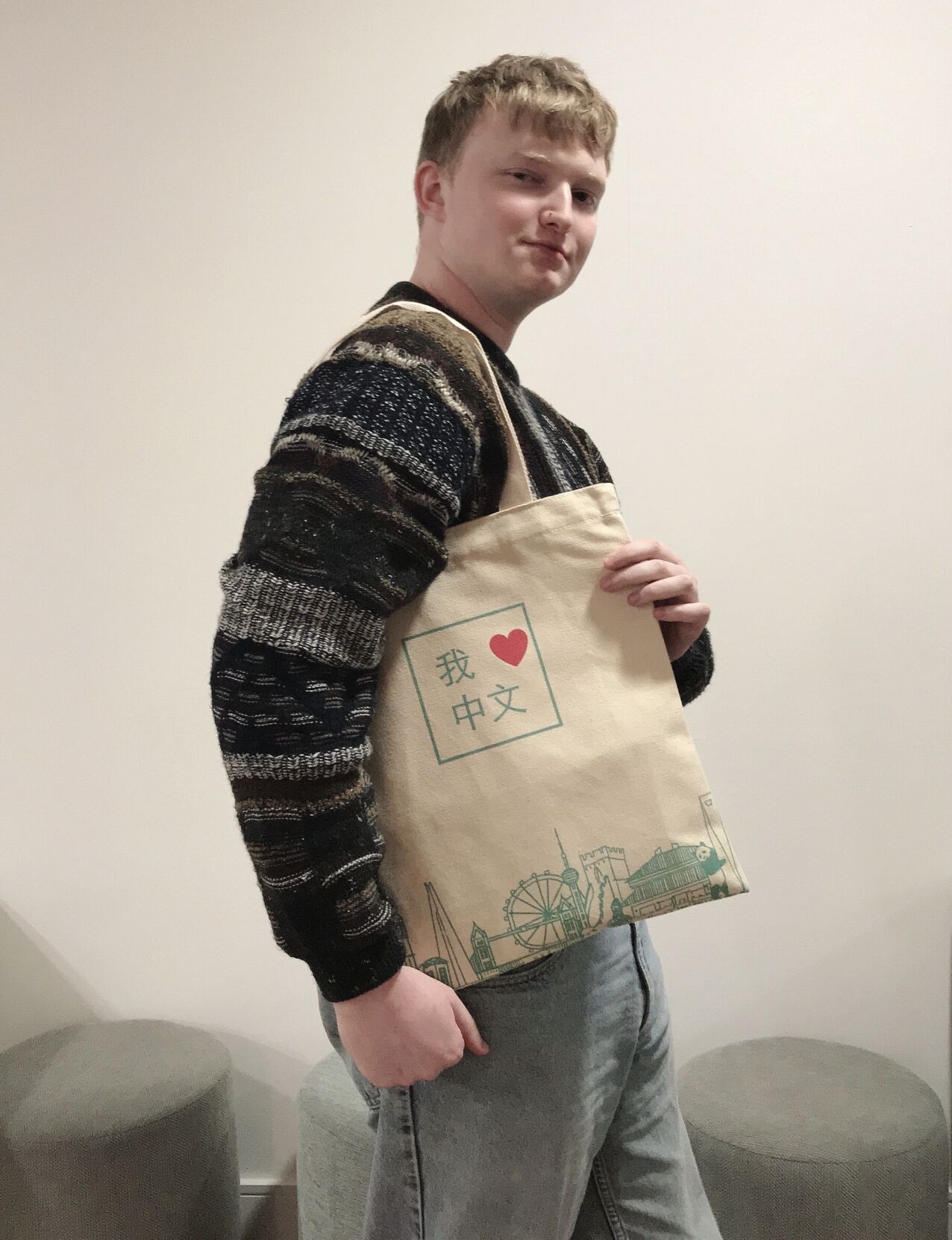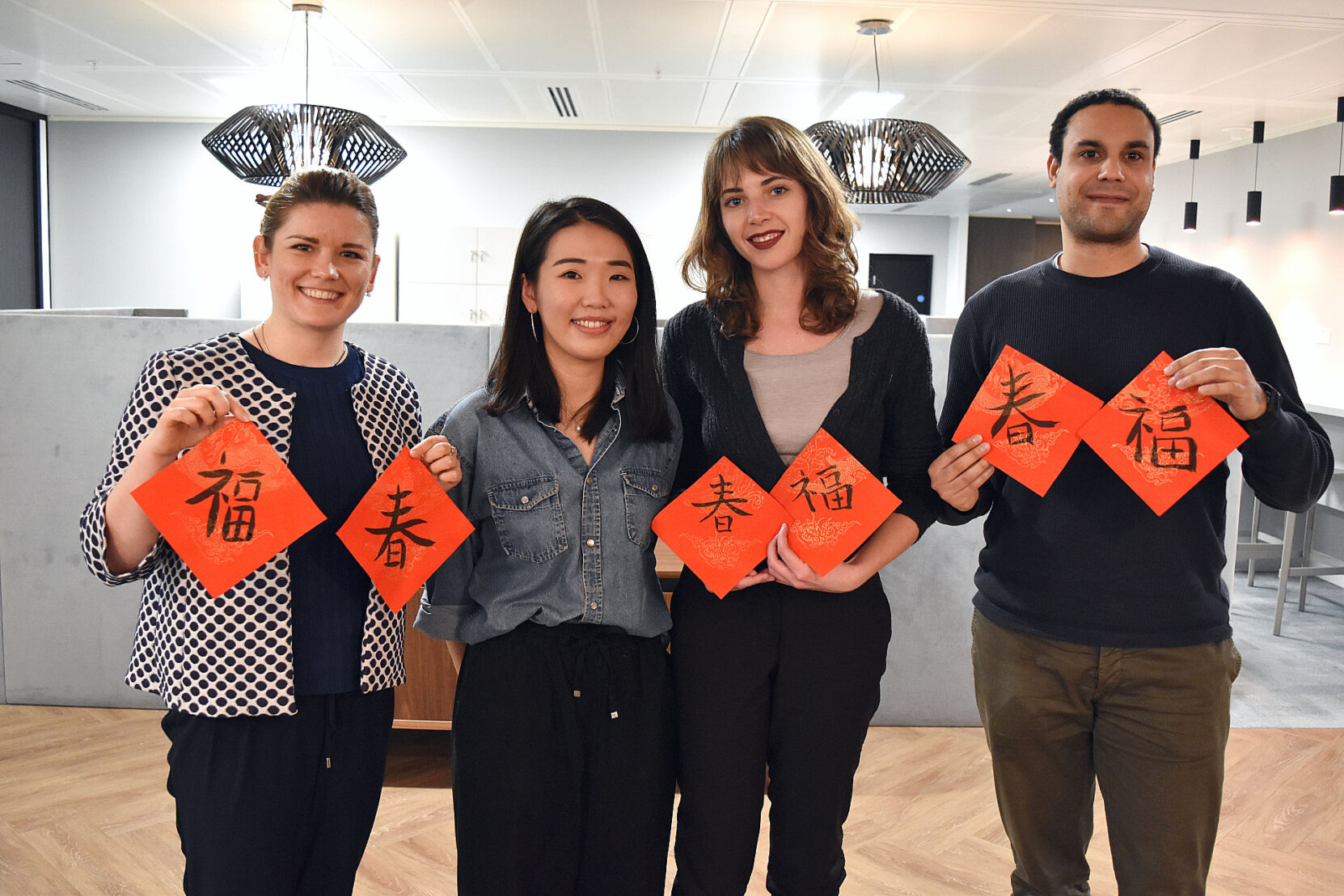Advanced Courses
Chinese HSK Level 6 – original writing of science, philosophy and heritage topics
HSK 6 – designed for students with HSK 5 equivalent skill / 2500+ vocabularies
Mandarin speaking only class for immersive training
£380 tuition for 12 lessons and 2 free make up lessons
Extra benefits: free E learning website, flashcard phone app
Book a trial lesson now, and let us place you in the right course
| HSK 6 Advanced Term 2 Jan #2602 | Mondays 6:30-8:00pm | Jan 19 – Apr 13, 2026 | Aldgate | £380 for 12 weeks | |
| HSK 7 Expert T1 Jan #2603 | Monday 6:30-8:00pm | Jan 19 – Apr 13, 2026 | Aldgate | £380 for 12 weeks | |
| Advanced Business Jan | Thursday 6:30-8:00pm | Jan 22 – Mar 12, 2026 | Online | £360 for 8 weeks |
| HSK 6 Advanced T1 Monday #2514 | Mondays 6:30-8:00pm | Sep 22 – Dec 8, 2025 | Aldgate E1 | £380 for 12 weeks | |
| HSK 6 Advanced T10 Monday #2515 | Mondays 6:30-8:00pm | Sep 22 – Dec 8, 2025 | Aldgate E1 | £380 for 12 weeks |
* We are part of Dear Asia London, same team bigger school. You might be re-directed to book courses and events on the Dear Asia website.
ABOUT THE COURSE
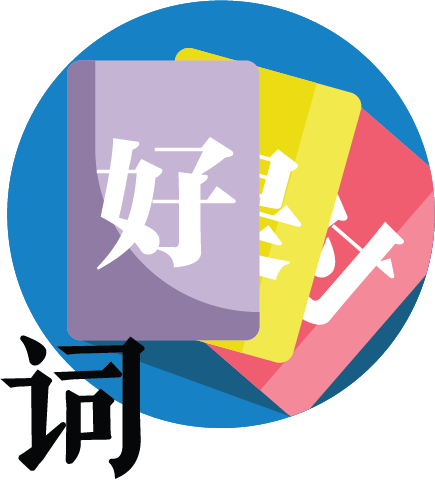
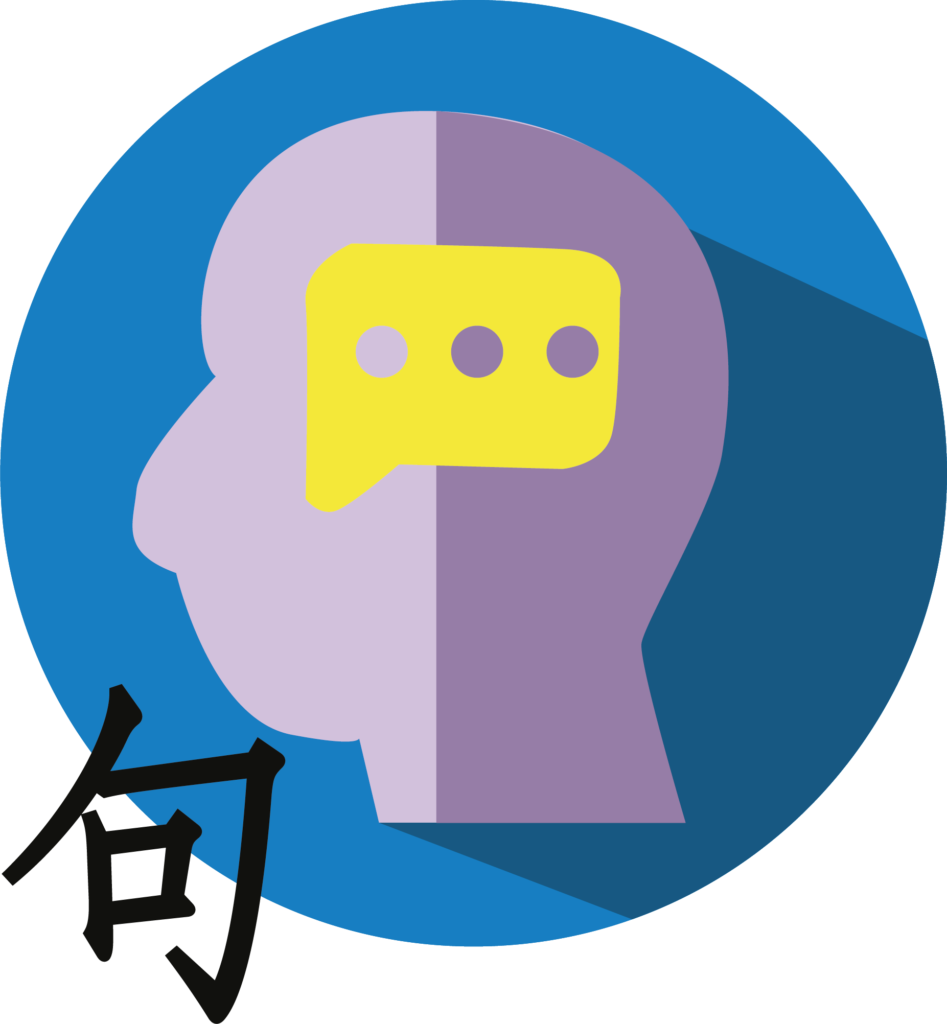
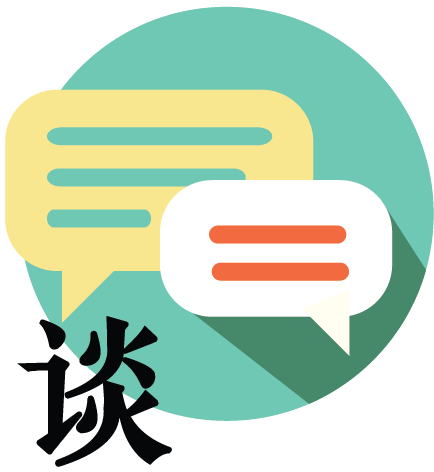
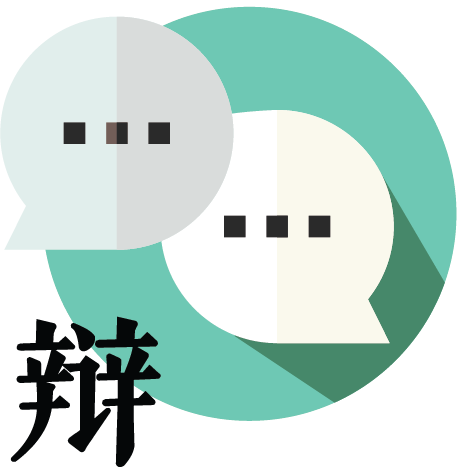

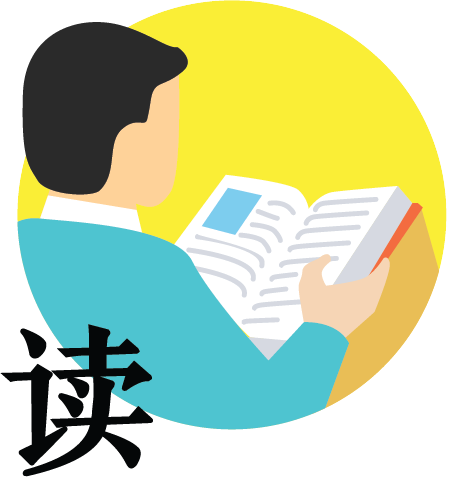
Curriculum
The HSK 6 level has 6 courses of 12 lessons each. Our curriculum is set based on Chinese HSK Level 6. The topics covered in this course are normally relevant to current affairs, and traditional Chinese culture, history and literature; these are partly from HSK textbooks, and partly from other media PM academic team curates from newspaper, drama to short videos. These two levels are the training students need to become a 中国通, to maintain and improve your fluency levels.
Training modules
Well done if you if you are looking at courses at these two levels. You must be able to engage in a conversation on various social contexts with a native speaker, and you know what you are looking to improve your Mandarin, to ideally be comfortable with any speaking speed or even regional accents. Reading newspaper and watching Chinese TV programs might still be a challenge to you, but that’s our training goal.
Learning content
For learning material, we use HSK Standard Course Book Level 6 to set the curriculum and for reading, while all other tutorial presentations, learning assessment games, fluency practice worksheet and immersive videos are all originally developed by PM academic team, and are exclusive to our students.
STUDENT SUCCESS
SIMPLE ENTRY TEST
To join this level, you should have / be able to:
Vocabularies:
- 2500-5000 words
Language Command:
- Can read Pinyin & 1000+ characters
- Can conduct a proper conversation with a native speaker
- Can read and understand Chinese news
- Can write articles in Chinese
PM’s Fluency Skill Training Target for Level 6:
Proficient speaker skills to become an language and cross cultural expert
Advanced HSK 6 Entry Test
Quiz-summary
0 of 10 questions completed
Questions:
- 1
- 2
- 3
- 4
- 5
- 6
- 7
- 8
- 9
- 10
Information
We’ve prepared 10 Questions in this test for you, you will get your result right away via email.
|
You must specify a text. |
|
|
You must specify an email address. |
|
|
You must specify a text. |
|
|
You must fill out this field. |
|
|
You must fill out this field. |
|
|
You must specify a text. |
You have already completed the quiz before. Hence you can not start it again.
Quiz is loading...
You must sign in or sign up to start the quiz.
You have to finish following quiz, to start this quiz:
Results
0 of 10 questions answered correctly
Your time:
Time has elapsed
You have reached 0 of 0 points, (0)
Categories
- Not categorized 0%
-
Thanks for taking the test, now we know your level a bit better, we can recommend the right course that’ll just suit you study. Be in touch shortly!
- 1
- 2
- 3
- 4
- 5
- 6
- 7
- 8
- 9
- 10
- Answered
- Review
-
Question 1 of 10
1. Question
根据以下短文,判断哪种说法是对的。
百货公司里有一台自动报体重的电子秤。一位胖女士责备道:“我最恨它了!”朋友问:“为什么?它大声说出你的体重了吗?”胖女士愤怒地说:“不!上次我刚一踩上去,它就大声说‘每次只限一人,每次只限一人’。”
Correct
Incorrect
-
Question 2 of 10
2. Question
根据以下短文,判断哪种说法是对的。
要想提高睡眠质量,须注意入睡的时间。能取得较好睡眠质量的入睡时间是晚上9点到11点,中午12点到1点半,夜里两点到3点半。这时人体精力下降,反应减慢,情绪低下,利于人体进入甜美的梦乡。
Correct
Incorrect
-
Question 3 of 10
3. Question
根据以下短文,判断哪种说法是对的。
筷子是中餐最主要的进餐用具,在使用上也有很多讲究。用餐过程中,如果说话,不要将筷子随便晃动,也不要用筷子敲打碗、盘子以及桌面,更不能用筷子指点他人,暂时离开时,要把筷子轻轻放在桌子上或餐盘边,不能插在饭碗里,而且尽量不要发出响声。
Correct
Incorrect
-
Question 4 of 10
4. Question
请选出正确答案。
老师把一个大玻璃瓶子带到学校,瓶子里装着满满的石头、玻璃碎片和沙子。之后,老师请学生把瓶子里的东西都倒出来,然后再装进去,先从沙子开始。每个学生都试了试,最后都发现没有足够的空间装所有的石头。老师指导学生重新装这个瓶子。这次,先从石头开始,最后再装沙子。石头装进去后,沙子就沉积在石头的周围,最后,所有东西都装进瓶子里了。老师说:“如果我们先从小的东西开始,把小东西装进去之后,大的石头就放不进去了。生活也是如此,如果你的生活先被不重要的事挤满了,那你就无法再装进更大、更重要的事了。”
上文主要告诉我们,生活中应该:
Correct
Incorrect
-
Question 5 of 10
5. Question
根据以下短文,判断哪种说法是对的。
这几年公司发展得很不错,每年春节前都会发给工人两个月的奖金,但是今年公司却没挣到多少钱。经理很担心工人们会伤心、失望。 这天,他突然想起小时候去买糖:别的服务员都是先抓一大把,拿去称,再一颗一颗减少;只有一个服务员,每次都抓不够重量,然后一颗一颗往上加。虽然拿到的糖是一样的,但人们都喜欢后者。经理想到了办法。过了两天,传来一个消息——今年公司发展不好,有些人可能得离开公司。工人们听了之后都开始担心,以为要离开的是自己。后来经理宣布了一个消息:大家都是一家人,虽然公司有困难,但不能丢掉任何人,只是没有奖金了。这个消息使所有的人都放下了心:奖金不重要,有工作就好。春节快到了,工人们都做了过个穷年的打算。这时经理通知开会,工人们又担心:“会有什么变化吗?”谁知参加会议的人回来兴奋地喊道:“有!有!还是有奖金的!一个月的!”工人们听了,发出一片热烈的欢呼声。
根据经理小时候买糖的情况,可以知道:
Correct
Incorrect
-
Question 6 of 10
6. Question
根据以下短文,判断哪种说法是对的。
阿凡提是个很聪明的人,也很热心。很多穷人遇到困难都来找他。
有一天,一个穷人来到阿凡提的家说:“亲爱的阿凡提,刚才我在有钱人巴依家的饭馆儿门口站了一会儿,他就一定要让我给他饭钱,因为我闻到了他饭馆儿里饭菜的香味。可是你知道我没有钱,他说要去我家拿东西,怎么办呢?”阿凡提对他说:“别着急,我陪你一起去趟巴依家吧。” 到了巴依家,阿凡提对巴依说:“这个人是我的朋友,他没有钱,他欠你的饭菜钱我替他还,好吗?”他一边说,一边给巴依看一个小口袋,然后他摇了一下这个口袋,口袋“哗啦哗啦”地响了几下。他问巴依:“这是什么在响啊?” 巴依以为阿凡提要给他口袋里的钱,连忙说:“是钱,是钱在响。” “那你听到了吗?”阿凡提又问。“听到了,听到了,快给我吧!”巴依有点儿着急了。“好了,巴依,我的朋友闻了一下你饭菜的香味,你也听了一下我的钱的响声。现在我们的账已经算清楚了。”说完,阿凡提就跟那个穷人一起走了。
根据上文,可以知道:
Correct
Incorrect
-
Question 7 of 10
7. Question
根据以下短文,判断哪种说法是对的。
生日那天,保罗的哥哥送给他一辆新车。当保罗离开办公室时,一个男孩儿看着那辆新车,很羡慕地问:“先生,这是您的车?” 保罗点点头:“这是我哥哥送给我的生日礼物。”男孩儿吃惊地说:“你是说这是你哥哥送的礼物?……我也好希望能……” 保罗以为他是希望能有个送他车子的哥哥,但那男孩儿却说,“我希望自己能成为送车给弟弟的哥哥。” 保罗对他说:“你要不要坐我的车去兜风?”男孩儿高兴地坐上车,车子开了一会儿以后,那男孩儿小心地说:“先生,你能不能把车开到我家门前?”保罗心想那男孩儿一定是想要告诉他认识的人,他坐了一辆新车子回家。没想到保罗这次又猜错了。男孩儿下了车,过了一会儿保罗听到他回来的声音,但是动作有些缓慢。原来他扶着脚有毛病的弟弟出来了,他扶着弟弟在台阶上坐下,指着那辆新车。只听那男孩儿告诉弟弟:“你看,这就是保罗的哥哥送给他的新车。将来我也会送给你一辆这样的车,到那时你就可以不用每天都呆在家里了。” 那个生日,保罗才真正体会到“给予比接受更幸福”的道理。
这个故事主要告诉我们什么道理?
Correct
Incorrect
-
Question 8 of 10
8. Question
根据以下短文,判断哪种说法是对的。
楼上新买了一架钢琴,我们家便多了一些不安静,尤其在休息的时候,再好听的钢琴声也只能是噪音。太太的精神一直不太好,现在睡觉时间更少了。两个月后,看着太太黄黄的脸,我决定到楼上说说这件事。
那天晚上,刚看完足球比赛,我就按响了楼上邻居的门铃。我知道楼上的男主人很喜欢足球,就说是来聊聊足球。男主人很兴奋,和我讲了一大串足球明星。我说:“看足球只是我的第三爱好,听钢琴才是我的第二爱好。”接下来,话题就转到钢琴上来了。原来,是他的妻子和女儿喜欢弹钢琴。我说了几首钢琴名曲,最后特别强调:“只要听到钢琴的声音,电视里再好看的足球比赛,我也不会看。第三爱好必须让位给第二爱好。”男主人问:“那你的第一爱好是什么?”我笑着说:“真不好意思,我的第一爱好是睡觉,所以当我享受第一爱好时,第二爱好就……” “不必说了,不必说了。”男主人连忙说,“以后,我让她们弹琴时一定关窗户,休息时间不要弹琴。”
我上楼去的主要目的是什么?
Correct
Incorrect
-
Question 9 of 10
9. Question
连词成句。
-
他
-
偶尔
-
会
-
去
-
健身房
-
锻炼
Correct
Incorrect
-
-
Question 10 of 10
10. Question
连词成句。
-
北京
-
给
-
他
-
留下了
-
深刻的印象
Correct
Incorrect
-
Translate the following sentences or paragraph into Chinese Pinyin or Characters. You can use dictionary if you don’t know certain words.
Send to us at hello@practicalmandarin.co.uk . We will review your answers and get back to you within 24 hours.
” The concept of family in China has close links with its cultural traditions. A large and harmonious extended family was once very enviable. The four-generation family used to be very common in the past. As a result of this tradition, many young people continue to live with their parents even after getting married.
Today, the tradition is changing slowly. With the improvement of housing conditions, more and more young couples choose to live apart from their parents. However, the connection between them remains strong. For instance, many elders still offer to look after their grandchildren, while young couples also travel to visit their parents, especially during the important festivals, such as Spring Festival and Mid-Autumn Festival. “
